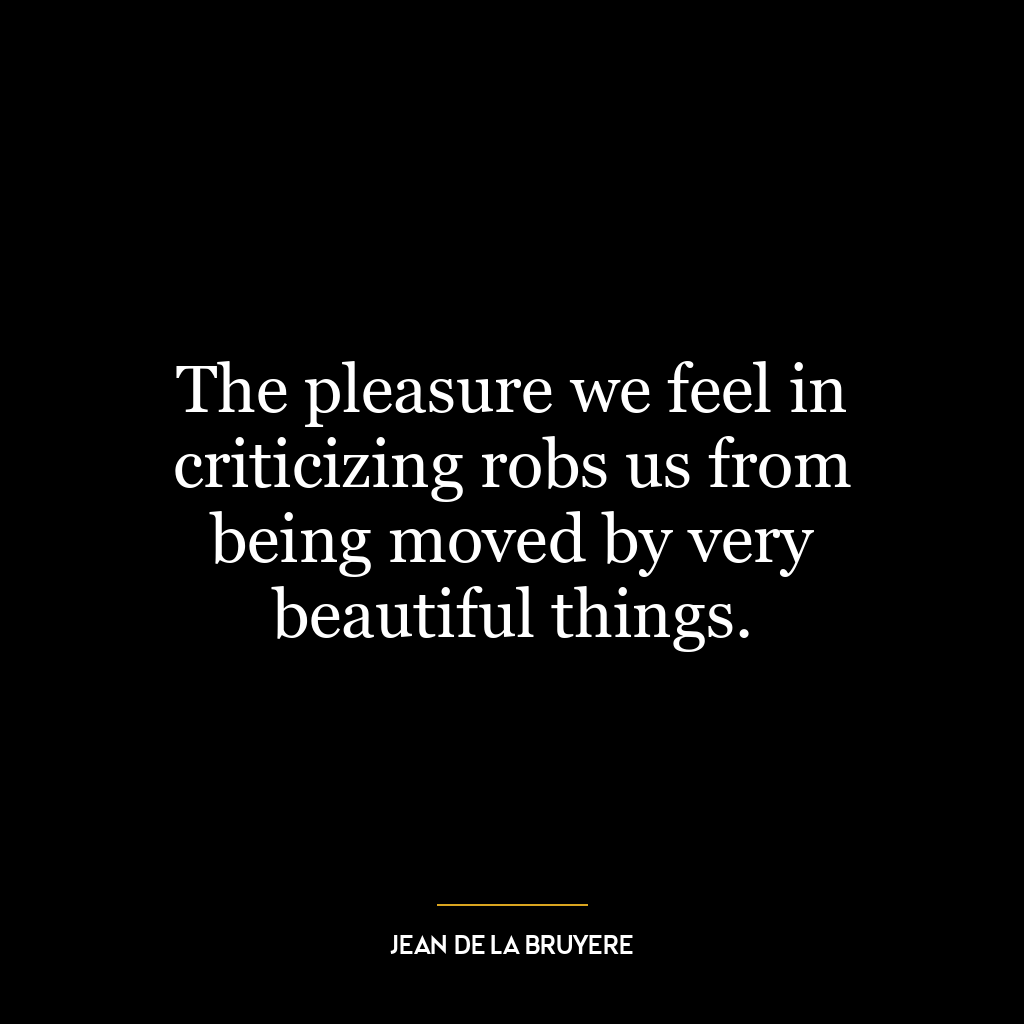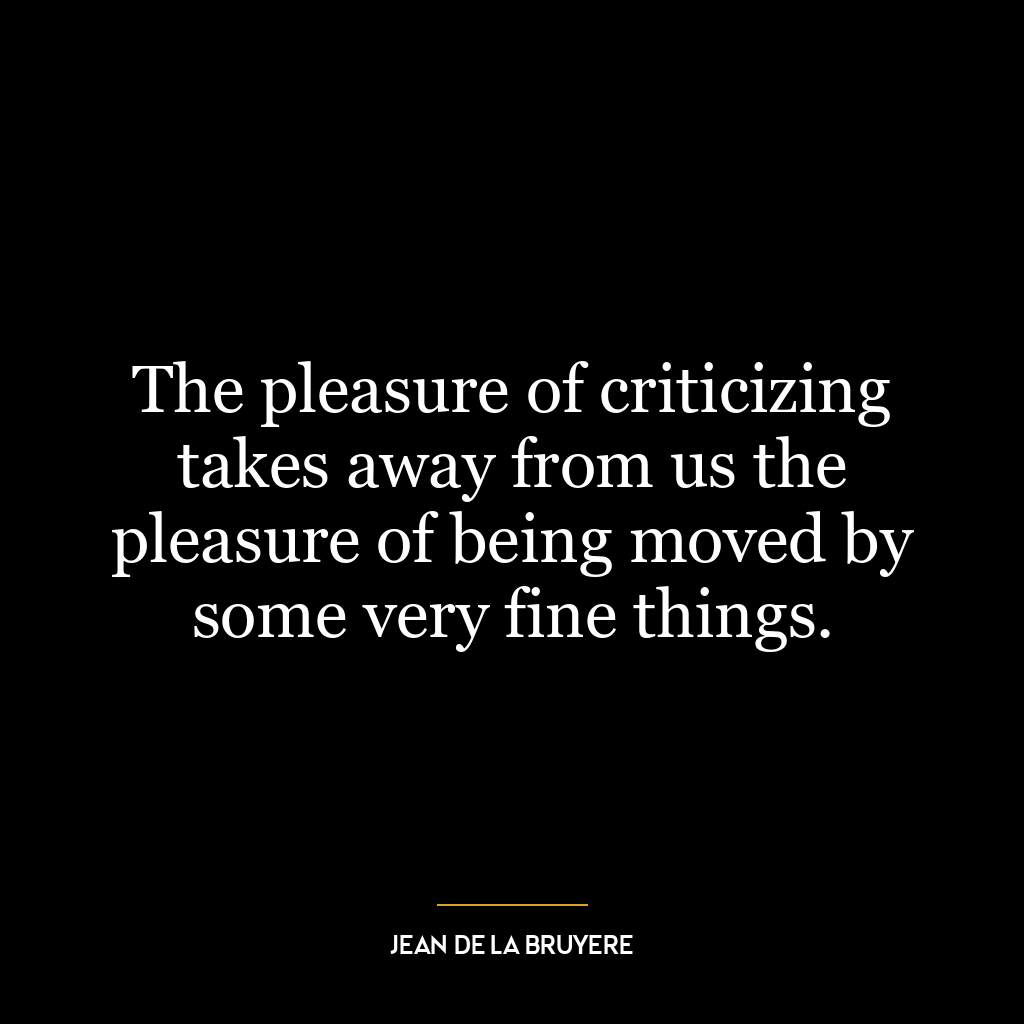This quote suggests that true appreciation and enjoyment of the world come from seeking solace or refuge in it. It implies that the world, with all its complexities, is not just a place to exist, but a sanctuary where one can escape, explore, and ultimately, delight in. The delight mentioned here is not a superficial joy, but a deep contentment that sprouts from understanding, acceptance, and immersion in the world’s realities.
In the context of personal development, this idea encourages us to embrace the world as a refuge, not just as a stage where life unfolds. It’s about finding comfort in nature, solace in solitude, joy in discovery, and peace in acceptance. It’s about seeing the world as a sanctuary where we can grow, learn, and heal. It’s about finding delight in the world by immersing ourselves in it, understanding it, and seeking refuge in it.
In today’s world, this quote could be applied in the context of our increasingly digital and disconnected lives. In an age where technology often substitutes for physical interaction, and virtual realities often overshadow the actual world, this quote serves as a powerful reminder to seek refuge in the real world. It encourages us to disconnect from the digital world occasionally, to appreciate the beauty and solace the actual world offers. It’s about taking a walk in the park, watching a sunset, reading a book under a tree, or just sitting quietly and observing the world around us. Only by doing so can we truly delight in the world, appreciate its beauty, and understand its complexities.
In essence, Kafka’s quote is a call to live more mindfully and fully in the world, to seek refuge in it, and to find delight in its every nook and cranny. It’s about recognizing the world as a sanctuary that offers not just physical, but emotional and spiritual refuge. It’s about finding delight not just in the world’s joys, but also in its challenges, its mysteries, and its endless possibilities for growth and discovery.















